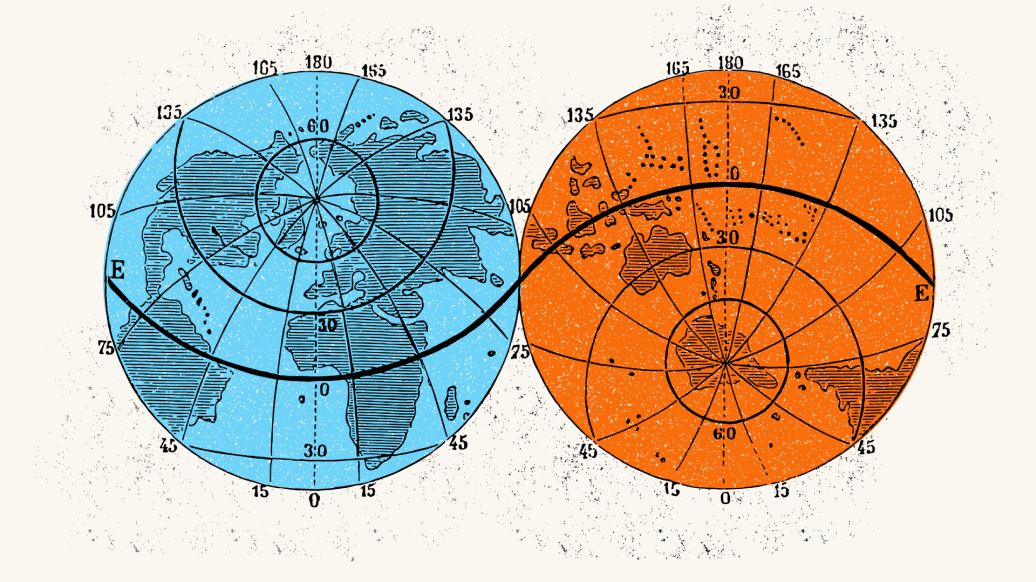What is Capitalism?

Encyclopedia: Capitalism

“Capitalism as we have known it is dead.”
- Marc Benioff, Founder and CEO of Salesforce, World Economic Forum, 2020
At a recent conference on economic development, four distinguished scholars sat on the plenary panel on “The History of Capitalism in the United States.” The moderator opened with a simple question: “How do you define capitalism in your work?” The answers varied wildly. The first described an economic system based on private ownership of the means of production and protection of property rights. Another defined capitalism as a system that elevated the profit motive above all else. The third described an economy with high levels of competition and entrepreneurial activity. The last outlined a structure of politico-economic oppression of working people by the rich. Put simply, none of the scholars presented a definition of capitalism congruent with any of their peers on the stage.
If Marc Benioff is right that “capitalism as we have known it is dead,” then the question that naturally arises is “what capitalism have we known?” Before we debate the extent to which capitalist economic structures should dominate our societies, we must first understand what capitalism is, what it isn’t, and how much flexibility capitalist institutions have until they morph into something else entirely.
Assignment
- Identify what you believe is the most capitalist country on earth using your own evaluation methods. Use the datasets in the Data Analysis tool to create a short profile of that country. Why did you select this country? What metrics make you think that this is the most capitalist country on earth? How did you select the metrics that are most central to your model of capitalism?
- Perform a similar analysis on the country assigned to you (see grid below). How capitalist is your nation? Why? Why might you argue that your country is NOT capitalist?
If your last name begins with the letters: Please evaluate the capitalist bona fides of the assigned country below. A-E China F-J Sweden K-O Singapore P-T United Arab Emirates U-Z Brazil - Then, compare your two countries on the basis of (a) property right protection, (b) government involvement in the market, (c) entrepreneurialism, and (D) class stratification and societal oppression. How comparable are the two countries? (*Feel free to use any data set(s) in the Data Analysis tool to evaluate and compare your two countries. You must be prepared to explain your method.)
- Is more capitalism associated with better outcomes for society? Compare your two (or three) countries on the basis of (a) 10 year average of GDP Per Capita, Growth Rate, (b) social welfare (health, lifespan, civil liberties, etc.), and (c) political stability. (*Again, please select your own benchmarks within the Data Analysis tool.)
- Consider whether anything has changed in how you define capitalism. If so, formulate a new list of “most capitalist countries.” Why did your thinking change? What nations now top your list?

